As cloud computing gains more popularity, businesses are adopting a variety of deployment models to suit their infrastructure and workload requirements. These models range from SaaS, PaaS, and IaaS, to other cloud-based services.
Two such models that have gained traction are Multi-Cloud and Hybrid Cloud Solutions. In this blog, we will discuss the characteristics and differences between the two. Before diving into that, it’s important to understand the differences between public and private cloud. So, let’s start from the basics before we delve deeper.
What Is Public Cloud?
Public cloud is a type of cloud computing model in which a third-party provider makes computing resources such as servers, storage, and applications available to the public over the internet.
These resources are delivered to customers on a pay-per-use basis, allowing businesses and individuals to access computing services without the need for upfront investment in infrastructure.
Public cloud providers typically use a multi-tenant architecture, in which multiple customers share the same physical resources while maintaining separate virtual environments. This allows for efficient use of resources and scalability.
Some examples of public cloud providers include Amazon Web Services (AWS), Microsoft Azure, and Google Cloud Platform. Public cloud services offer a range of benefits, including flexibility, scalability, and cost-effectiveness, as well as the ability to rapidly deploy and scale applications. However, security and privacy concerns remain a consideration for some organizations, particularly those that handle sensitive data.
What Is Private Cloud?
Private cloud is a type of cloud computing model that provides dedicated infrastructure and resources for a single organization or business. In a private cloud, the computing resources are not shared with other organizations or the public, but rather are housed on dedicated hardware that is managed by the organization itself or a third-party provider.
Private cloud can be hosted on-premises within an organization’s own data center or on a dedicated infrastructure provided by a third-party provider. Private cloud provides many of the same benefits as public cloud, including scalability, flexibility, and self-service provisioning, but with the added security and control of a dedicated infrastructure.
This makes it an ideal option for organizations that have strict security and compliance requirements, such as those in the healthcare or financial sectors. Private cloud can also be more cost-effective in the long run for organizations with predictable workloads and steady demand for computing resources. However, setting up and maintaining a private cloud can be more complex and expensive than using a public cloud provider.
What Is a Multi-Cloud Solution?
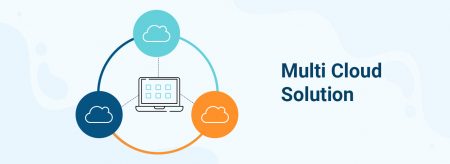
Multi-cloud is becoming an increasingly popular approach for businesses as it offers greater flexibility and agility. By using multiple public cloud providers for online video hosting and others, organizations can choose the most appropriate service for each workload and ensure that they are getting the best performance, features, and pricing.
Multi-cloud also allows for redundancy and high availability, as workloads can be spread across multiple clouds to ensure that they remain accessible even in the event of an outage or service disruption.
In addition, by avoiding vendor lock-in, organizations can take advantage of the latest innovations and services offered by different providers, which can drive innovation and competitiveness.
However, managing a multi-cloud environment can be complex and requires careful planning and coordination to ensure that resources are utilized effectively and that security and compliance requirements are met. So, organizations need to have a clear strategy and the right tools and processes in place to manage a multi-cloud environment effectively.
Benefits of Multi-cloud Environment
1. Strength of Multiple Clouds
By choosing multiple cloud providers it’s possible to play to the strengths of each provider’s services to suit the needs of your business requirements. By having multiple options, users can achieve a high level of agility and match each part of their business to a specific provider’s setup and execution terms.
2. Avoids Vendor Lock-in
When you confine yourself with only one vendor, for instance only one cloud video hosting vendor, you make it both time-consuming and expensive to move your systems anywhere else. Having a multi-cloud plan lets you take control of managing workloads when one cloud providing service is down.
3. Risk Management
A multi-cloud arrangement can also help protect a company’s critical business data by offering redundant backup and recovery capabilities providing business continuity when an emergency strikes, be it a case of a power outage or a natural disaster.
4. Cost Optimization
With a multi-cloud approach, businesses can take advantage of price differences among providers and optimize their spending. By choosing the most cost-effective cloud service for each workload, organizations can reduce their overall cloud spending and avoid vendor lock-in.
5. Improved Performance and Availability
By distributing workloads across multiple clouds, businesses can ensure that applications are always available and responsive. With multi-cloud, companies can take advantage of different providers’ strengths and geo-distributed infrastructure to achieve better performance, lower latency, and higher availability.
6. Compliance and Security
By using multiple cloud providers, businesses can improve their compliance and security. They can choose the most secure and compliant cloud service for each workload and reduce the risk of a single point of failure. Multi-cloud also enables businesses to have better control over their data, ensuring that sensitive data is stored and processed only in trusted environments.
What Is a Hybrid Cloud Solution?
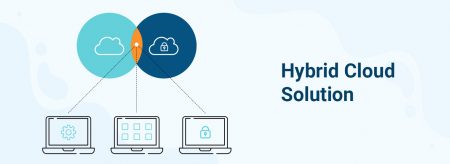
Hybrid cloud is a type of cloud computing model that combines elements of both public and private cloud environments. In a hybrid cloud, organizations can use both on-premises infrastructure and cloud services from multiple providers to host their applications and data.
By using a hybrid cloud, organizations can take advantage of the scalability and flexibility of public cloud while maintaining the security and control of a private cloud. For example, an organization may use a private cloud to store sensitive data and critical applications while using public cloud services for non-sensitive workloads or for bursting to handle spikes in demand.
Hybrid cloud also enables businesses to address specific business requirements such as regulatory compliance, data sovereignty, or specialized computing requirements. The hybrid cloud approach is often used by organizations that need to balance their IT infrastructure between on-premises systems and public cloud services.
Hybrid cloud can provide a cost-effective solution for businesses that want to take advantage of the benefits of cloud computing without fully transitioning to a public cloud environment. However, managing a hybrid cloud can be complex and requires careful planning and coordination to ensure that resources are utilized effectively, and that security and compliance requirements are met.

Advantages of a Hybrid Cloud Environment
- Hybrid cloud combines public and private cloud environments.
- Provides flexibility, scalability, and cost optimization.
- Enables workload portability and enhanced disaster recovery.
- Offers centralized infrastructure and secure networking.
- Provides persistent, high-speed connectivity between the enterprise and the cloud.
- Balances workloads between on-premises infrastructure and cloud providers.
- Reduces vendor lock-in and improves agility.
- Enables organizations to leverage the strengths of multiple cloud providers.
- Provides better control over data security and compliance.
Hybrid Cloud Vs Multi-Cloud: An Overview
Hybrid cloud and multi-cloud are two popular cloud computing models that offer unique advantages for businesses. While they may seem similar at first glance, there are significant differences between them. And here, we will compare hybrid cloud vs multi-cloud and discuss the benefits and drawbacks of each approach.
1. Architecture
One of the main differences between hybrid cloud vs multi-cloud is their architecture. Hybrid cloud architecture includes private and public cloud environments, and the organization manages the workload between them.
Private cloud can be hosted in an on-premise data center or a third-party data center. Public cloud resources can be accessed through the internet or a dedicated connection. In contrast, multi-cloud architecture is based on multiple public cloud environments hosted by different cloud service providers. Organizations use different public cloud environments for various workloads and applications.
2. Flexibility and Scalability
Another key difference between hybrid cloud vs multi-cloud is their flexibility and scalability. Hybrid cloud provides organizations with the ability to scale their infrastructure as needed, allowing them to handle sudden spikes in demand or adjust capacity based on changing business requirements. Private cloud can handle mission-critical workloads, and public cloud can provide scalability for non-critical workloads.
Multi-cloud also offers scalability and flexibility, but with a wider range of cloud services from different providers. Organizations can choose the best cloud services for their specific workloads, rather than relying on a single cloud provider.
3. Security and Compliance
Security and compliance are critical concerns for any organization, and they are also important factors when comparing hybrid cloud vs multi-cloud. Hybrid cloud provides organizations with more control over their security and compliance. Private cloud can be configured to meet specific security and compliance requirements, and public cloud can be used for less sensitive workloads.
On the other hand, multi-cloud requires careful management of security and compliance across multiple public cloud environments. Organizations need to ensure that their cloud service providers meet their security and compliance standards, and they need to implement a unified security framework across all cloud environments.
4. Complexity and Management
Managing a hybrid cloud vs multi-cloud environment can be complex, and it requires careful planning and coordination. Hybrid cloud requires management of both private and public cloud environments, which can be challenging. Organizations need to ensure that their private cloud and public cloud environments are integrated and work together seamlessly.
Multi-cloud requires management of multiple cloud service providers, which can be even more complex. Organizations need to ensure that their cloud service providers offer compatible services, and they need to manage the cost and complexity of using multiple cloud environments.
Hybrid Cloud Vs Multi-cloud: which One to Choose?
Before deciding between hybrid cloud vs multi-cloud, it’s essential to consider your business needs, including your budget, IT infrastructure, and data management policies. If your business requires a high degree of control over your data, then hybrid cloud may be the right choice. On the other hand, if your business requires flexibility and cost-efficiency, then multi-cloud may be the way to go.
Hybrid cloud is a mix of on-premises, private, and public cloud services. It allows businesses to have control over their critical data by keeping sensitive data in a private cloud while leveraging the scalability and cost-effectiveness of public clouds. This model is beneficial for businesses that require high-level security, compliance, and privacy.
Multi-cloud, on the other hand, involves using two or more cloud providers. It allows businesses to take advantage of different public cloud providers’ strengths, such as cost-effectiveness, scalability, and feature-rich services. With multi-cloud, businesses can avoid vendor lock-in, reduce downtime, and improve the overall performance of their IT infrastructure.
But there are more factors to consider –
1. Cost restraints
Businesses that are tight on budget may choose to move to a public, and perhaps a multi-cloud deployment. That’s because public cloud solutions require less overhead involving minimal direct management than a hybrid cloud infrastructure. The multi-cloud provider handles most of the maintenance responsibilities like provisioning servers, applying security updates, and so on.
2. Security
For businesses that deal with confidential data demanding tight cloud security and have high regulatory standards for any subset of their data or business logic, a hybrid cloud deployment works best. With a hybrid cloud, businesses can keep crucial data in a more secure private cloud or on-premises data center.
3. Cloud Migration
Migrating data and business operations fully to the cloud can be a resource-intensive task for many businesses and may not be an immediately feasible option causing them to adopt a hybrid cloud strategy which makes cloud migration highly popular.
4. Reliability
For businesses like online streaming platforms, deploying multiple clouds can be a safe option in order to keep websites and applications up and running even during peak surge hours. During situations involving traffic spikes using a backup cloud can take on some of the workloads if one cloud is overwhelmed- a strategy known as “cloud bursting”.
When it comes to streaming businesses, both hybrid cloud and multi-cloud can be beneficial. Streaming businesses require a high degree of scalability, reliability, and speed. Hybrid cloud can help streaming businesses achieve this by allowing them to leverage the scalability of public clouds while keeping sensitive data on-premises or in a private cloud. This allows streaming businesses to have more control over their data while providing high-speed streaming services to their customers.
Multi-cloud can also be beneficial for streaming businesses as it allows them to choose the right cloud provider for their specific needs. For example, a streaming business may choose a cloud provider that offers the best video streaming services, while another provider may offer the best content delivery network (CDN) services. With multi-cloud, streaming businesses can take advantage of both cloud providers’ strengths to offer high-quality, reliable streaming services to their customers.
Wrapping Up,
It is important to note that choosing between hybrid and multi-cloud environments depends on the specific needs and goals of a business. While both options offer their unique advantages, businesses need to consider their budget, security requirements, workload types, and regulatory compliance before making a decision.
Additionally, it is essential to evaluate the expertise of the IT team in handling the selected cloud environment. In the streaming industry, for example, businesses that require high availability and low latency may opt for a multi-cloud environment, whereas those that prioritize data privacy and compliance may prefer a hybrid cloud approach.
Ultimately, it is up to each business to carefully assess their requirements and determine which cloud environment will best suit their needs. With the right strategy and planning, a hybrid or multi-cloud solution can bring a significant competitive advantage and drive innovation in the modern business landscape.
Muvi Flex helps businesses with both hybrid cloud and multi-cloud strategies. As a carrier-grade platform, it simplifies hosting on-demand video & audio streaming by bundling storage, encoding, transcoding, analytics, distribution, and playback in an easy-to-use solution that lets you stream high-quality videos anytime, anywhere.
To host and manage your videos and audios securely and reliably, take a 14-Day Free Trial, now!

FAQs
- What are the key differences between hybrid and multi-cloud?
Hybrid cloud combines public and private cloud infrastructure, whereas multi-cloud involves using multiple public cloud providers. Hybrid cloud offers more control and security, but multi-cloud allows for greater flexibility and redundancy.
- What are the advantages of using a hybrid cloud?
Hybrid cloud allows organizations to leverage the benefits of both private and public clouds, such as improved security, cost savings, and scalability. It also provides the ability to easily move workloads between the two environments.
- What are the advantages of using a multi-cloud?
Multi-cloud offers the ability to select the best cloud provider for each workload or application, avoid vendor lock-in, and provide redundancy and failover options. It also allows for better cost optimization and performance tuning.
- How do I decide which cloud strategy is best for my organization?
Consider factors such as workload requirements, data sensitivity, compliance regulations, budget, and existing infrastructure. Evaluate the benefits and drawbacks of each approach and choose the one that best aligns with your organization’s goals and needs.
- Can I use both hybrid and multi-cloud together?
Yes, hybrid and multi-cloud can be used together to create a more flexible and resilient infrastructure. For example, an organization may use a hybrid cloud for critical workloads that require extra security and a multi-cloud approach for less sensitive applications to take advantage of cost optimization and performance tuning.
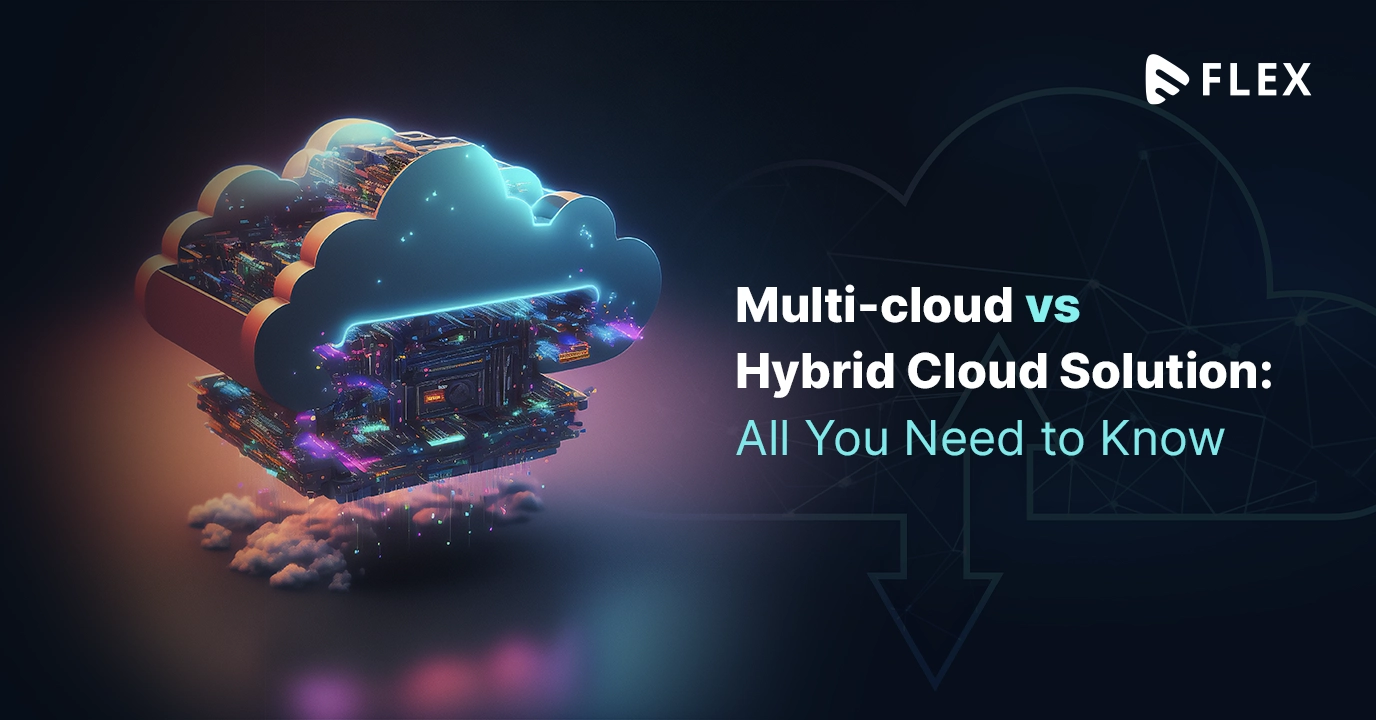





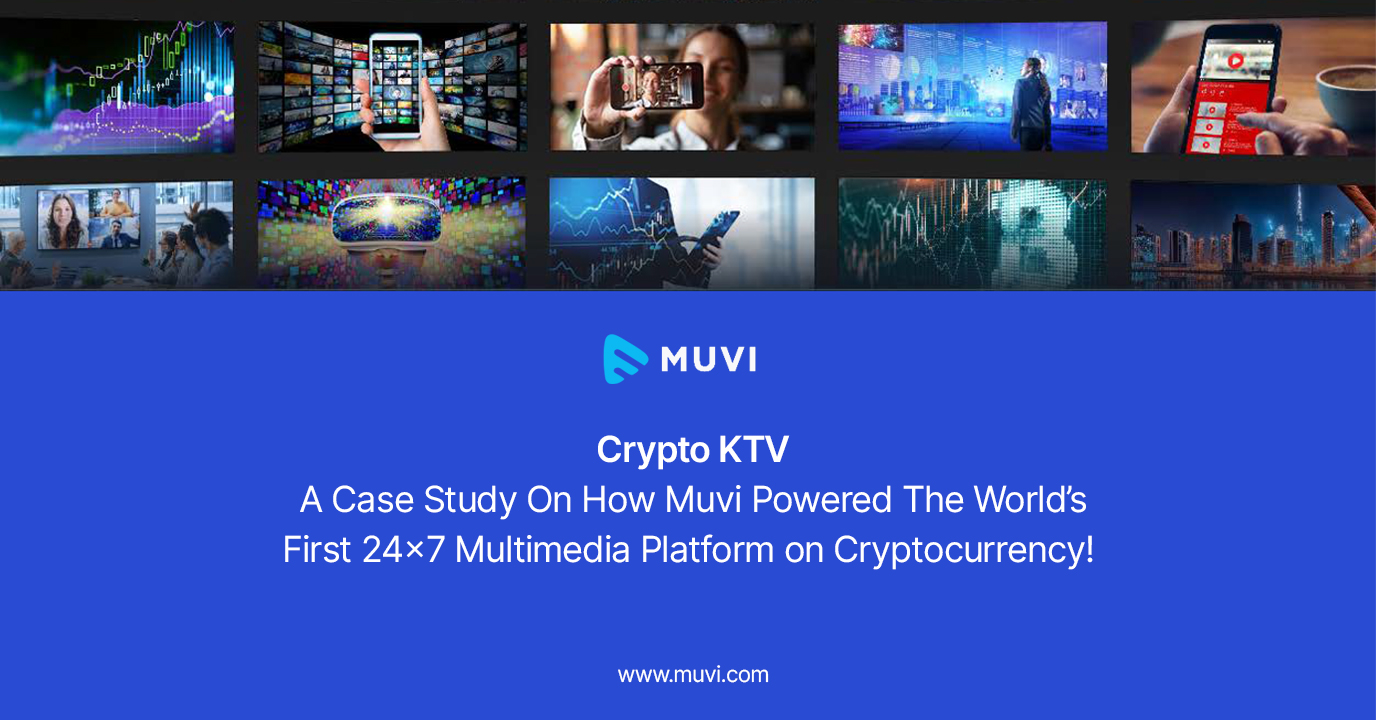






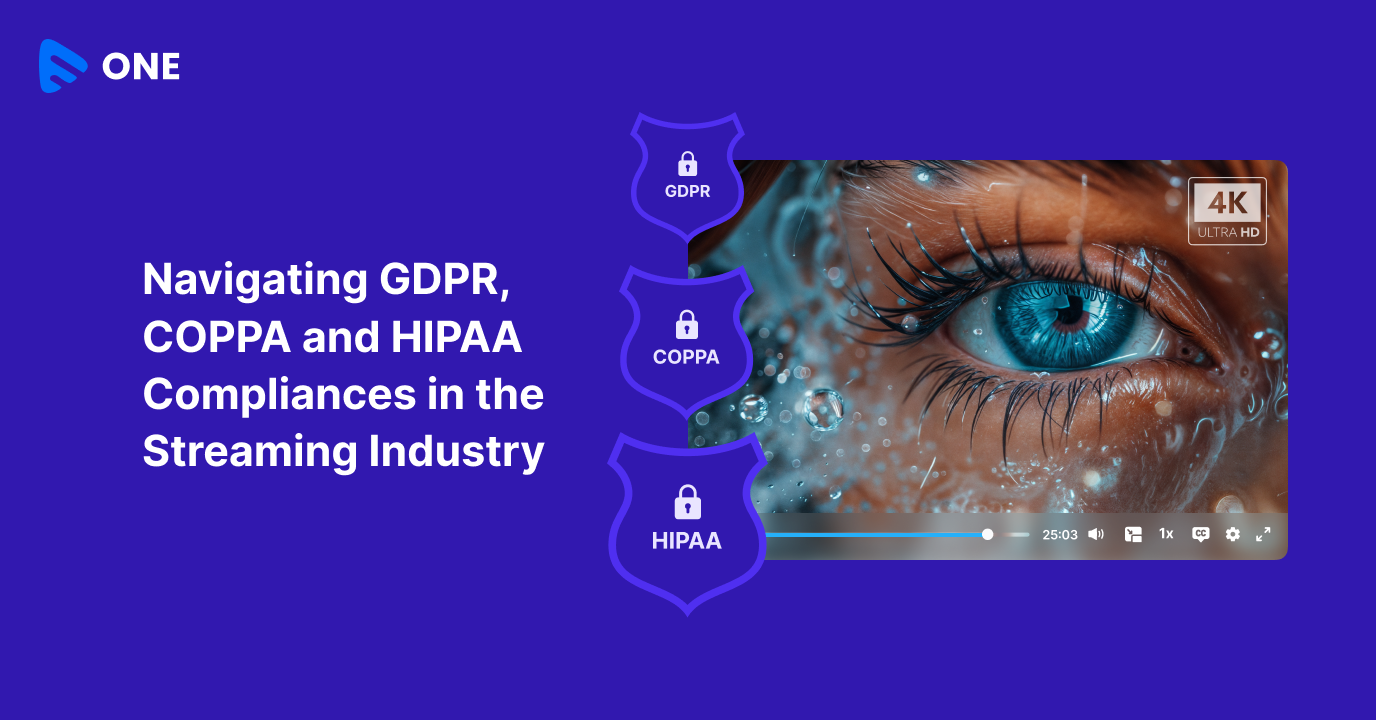





Add your comment